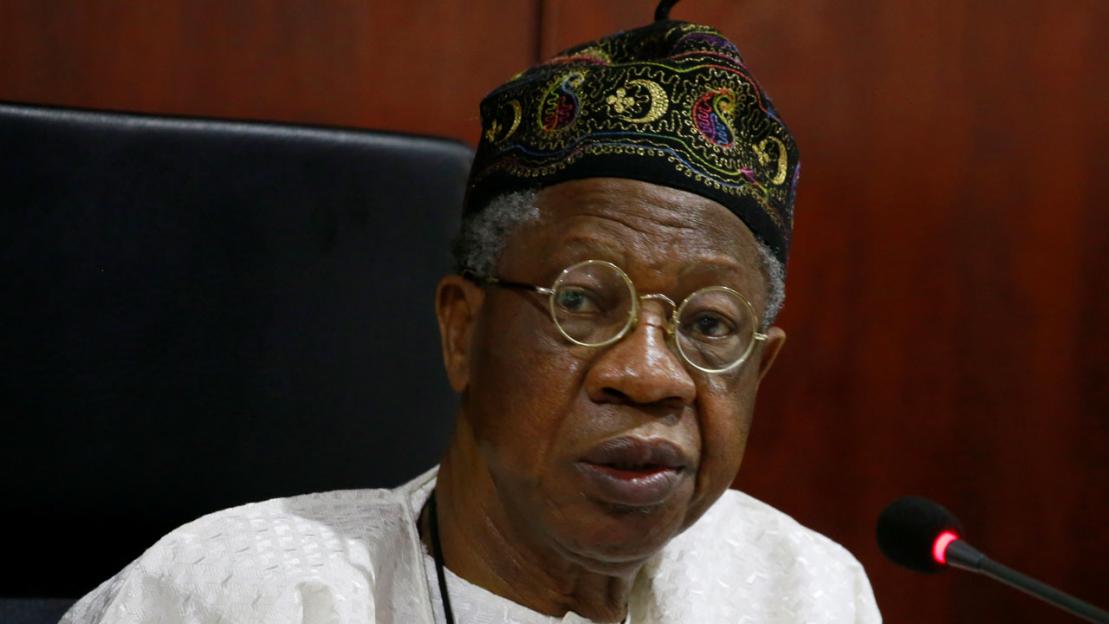President Bola Tinubu has ordered a ban on importation of foreign goods, especially those that can be produced locally in Nigeria.
Tinubu also placed a caveat on expatriates coming into Nigeria to execute jobs, which local contractors and artisans can undertake, unless there is convincing justification for it, including express permission from the Bureau of Public Procurement (BPP).
Minister of Information and National Orientation, Mohammed Idris, made the disclosure, shortly thereafter the Federal Executive Council meeting chaired by the President at the Council chambers of the presidential villa on Monday.
According to Idris, Tinubu in a landmark decision which is aimed at strengthening Nigeria’s domestic economy and promoting local content, approved a sweeping new policy framework tagged the Renewed Hope Nigeria First Policy.
Idris described the policy as a bold shift in the country’s economic approach.
He said it mirrors U.S. President Donald Trump’s “America First”; doctrine.
The Information Minister also noted that the policy places Nigeria at the center of all public procurement and business activity, with a strong emphasis on empowering local industries and reducing dependency on foreign imports.
“This policy seeks to foster a new business culture that is bold, confident, and very Nigerian,”; Idris said.
“It aims at making government investment directly benefit our people and industries by changing how we spend, how we procure, and how we build our economy,”; he added.
The minister disclosed that the Attorney General of the Federation has been directed to draft an Executive Order to give full legal effect to the new framework.
He further clarified that the Nigeria First policy is expected to become the cornerstone of the administration’s economic strategy, especially as the government pushes forward with its industrialisation agenda and import-substitution goals.
According to Idris, the following decisions were approved by the Council and will be enforced immediately: The Bureau of Public Procurement (BPP) is to revise and enforce procurement rules that prioritise Nigerian-made goods and homegrown solutions across all Ministries, Departments and Agencies (MDAs).
He said the BPP will create a comprehensive compliance mechanism to ensure all government procurements adhere to local content requirements.
A regularly updated database of high-quality Nigerian suppliers will be maintained by the BPP and used as a reference for all procurement decisions, he noted while briefing State House Correspondents.
He said procurement officers currently deployed to various MDAs will be reverted to the BPP to ensure compliance and reduce undue influence or corruption.
According to him, no MDA will be allowed to procure foreign goods or services already available locally without a written waiver from the BPP.
The Information Minister also insisted that where foreign contracts are unavoidable, they must include provisions for technology transfer, local production, or capacity development in Nigeria.
“All MDAs are to immediately review and resubmit their procurement plans to align with the new policy directives.
“Breaches will result in disciplinary action and possible cancellation of the procurement process,”; he noted.
The minister cited Nigeria’s sugar industry as an example of local capacity being neglected.
“We continue to import sugar despite the existence of the Nigerian Sugar Council and several local producers. This policy will change that,”; he said.
He added that moving forward, “Contractors will no longer be mere intermediaries sourcing foreign goods while Nigerian factories lie idle. Government money must now work for the Nigerian people.”;
The Nigeria First policy comes amid economic reforms being pushed by the Tinubu administration, including subsidy removals, a new foreign exchange regime, and efforts to restore investor confidence.
By making local content central to government spending, the administration hopes to drive job creation, industrial growth, and sustainable economic development.
While the policy will likely face implementation challenges and resistance from entrenched procurement interests, officials say the administration is determined to enforce compliance at all levels.
“This is a major shift in government policy. It puts Nigeria â not foreign companies, not imports â at the heart of our national development,”; the minister said.
The Renewed Hope Nigeria First Policy is expected to take effect as soon as the Executive Order is signed by President Tinubu.







